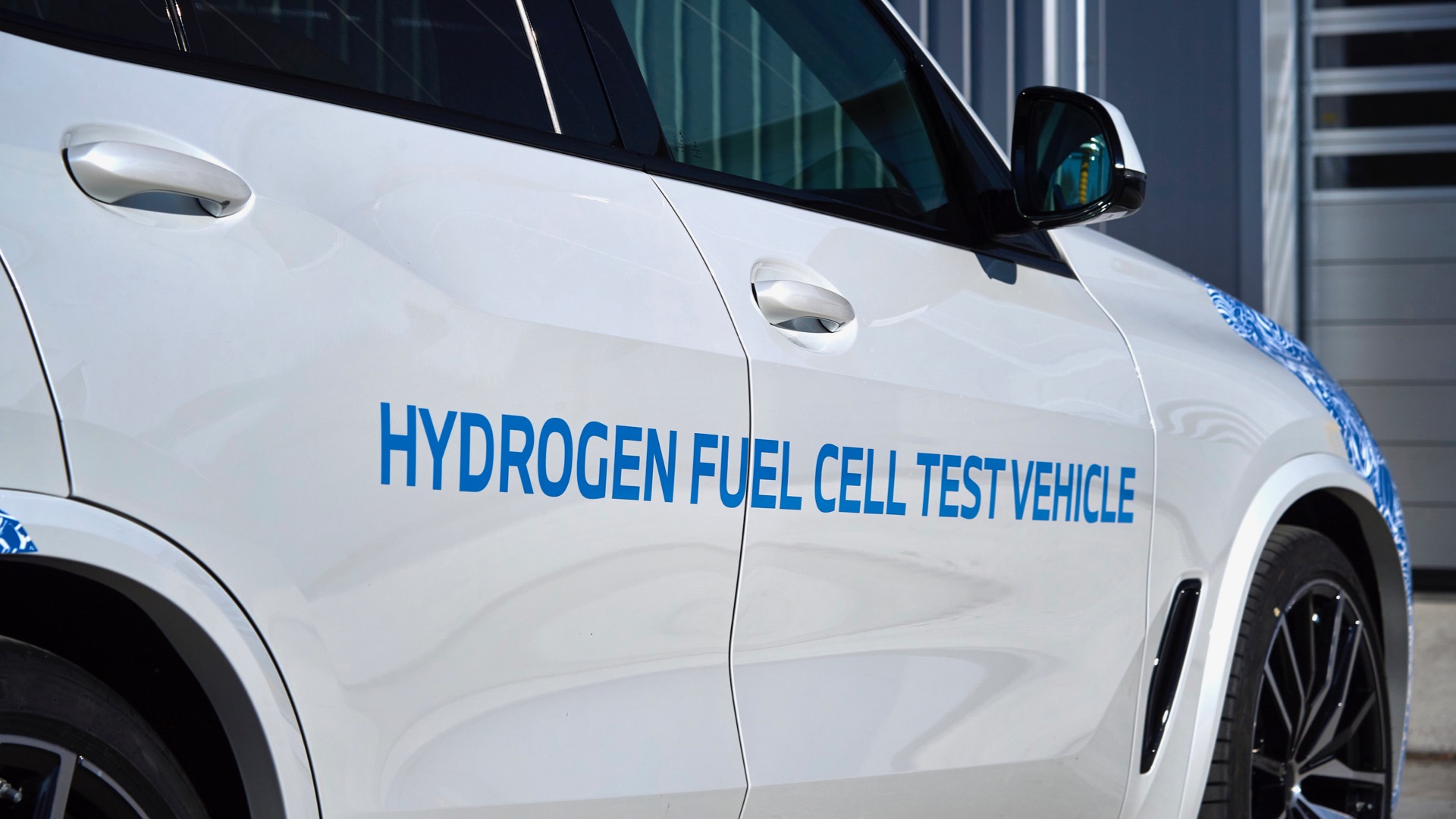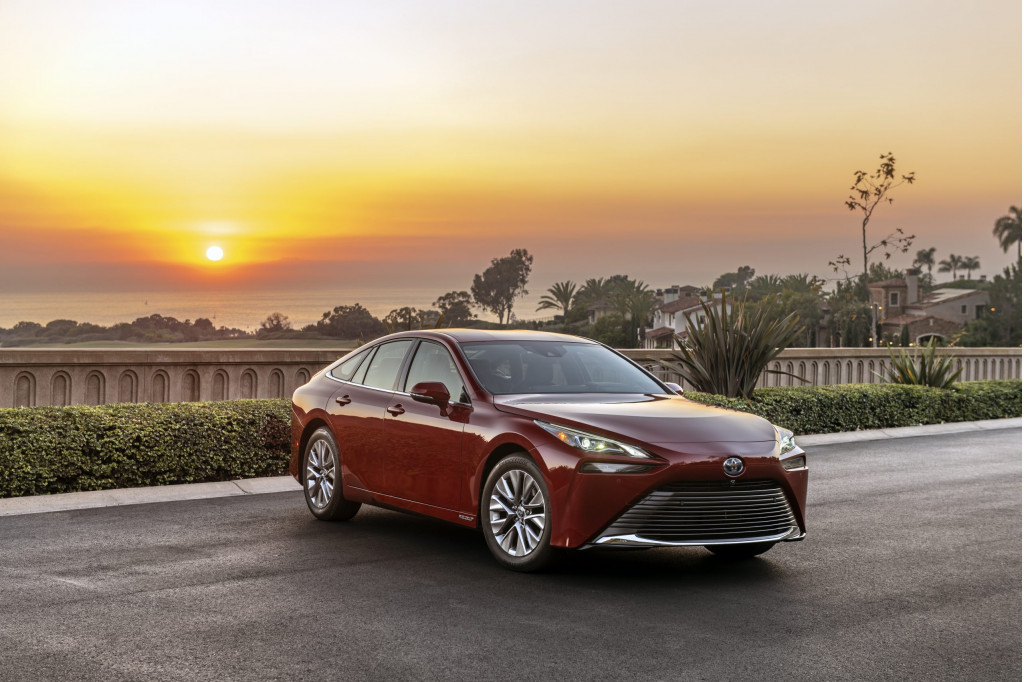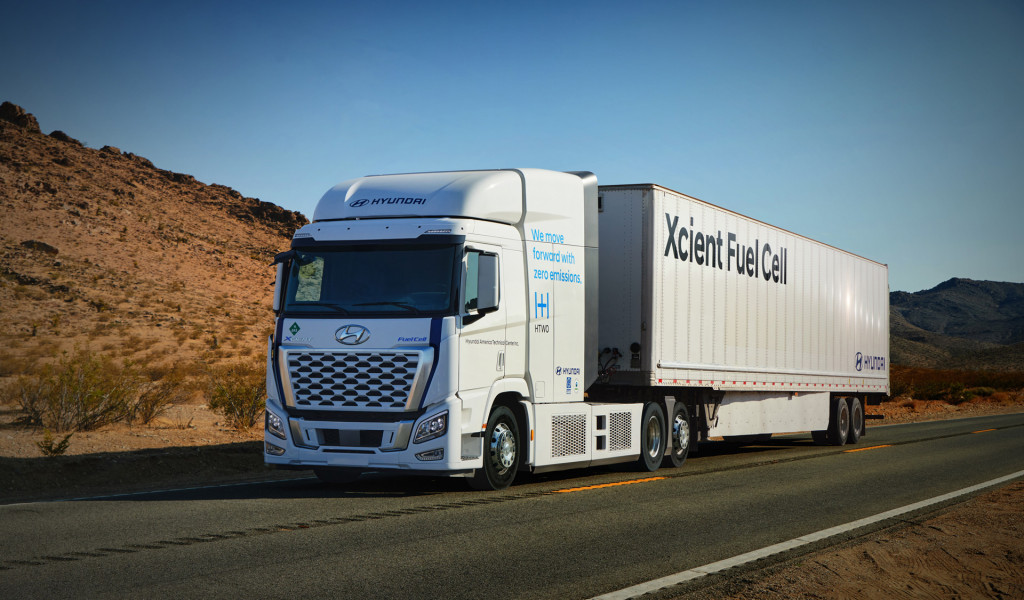
Federally funded hydrogen hubs have the potential to reduce emissions, but could also be as dirty as coal without proper oversight, a group of experts warned.
The 2021 infrastructure law includes funding for the hubs, which would produce hydrogen for different uses—including powering commercial trucks and industrial equipment and potentially trains. But the United States Department of Energy (DOE) needs to carefully consider how hydrogen is produced and used, according to a recent blog post from non-profit RMI.
Hydrogen can be produced with minimal carbon emissions through electrolysis, with electricity generated from renewable sources, RMI noted. But other methods—such as producing hydrogen from natural gas—can be as dirty as coal, the organization said.

2022 Toyota Mirai XLE
This week, the DOE will open the competitive process for the $8 billion in funding earmarked for the hydrogen hubs, so now is an important time to consider exactly what constitutes "clean" hydrogen, RMI argues.
This process will likely involve more clearly defined standards. Ideally, those standards would reduce the carbon intensity of the full production cycle of hydrogen by at least 80% from the most common current process (which uses methane), and include a carbon intensity calculation that goes beyond emissions at the site of production, the group said.
The potential for hydrogen to swing from very clean to very dirty has made the hubs controversial since they were proposed. An early version of the infrastructure bill even discussed coal as a potential source.

Hyundai Xcient Fuel Cell
Lax rules could also lead to the proliferation of "blue hydrogen," which is billed as a cleaner alternative to current production methods but could still be very carbon intensive. Making blue hydrogen produces carbon dioxide that is captured, theoretically ensuring it never enters the atmosphere. But a 2021 study found that emissions from this process are actually 20% higher than burning coal.
Cleaner alternatives do exist. One venture has proposed powering fuel-cell garbage trucks with hydrogen generated from the very refuse they haul. In 2021, hydrogen firm SG H2 Energy announced a California facility it claimed will have lower carbon emissions than electrolysis.
